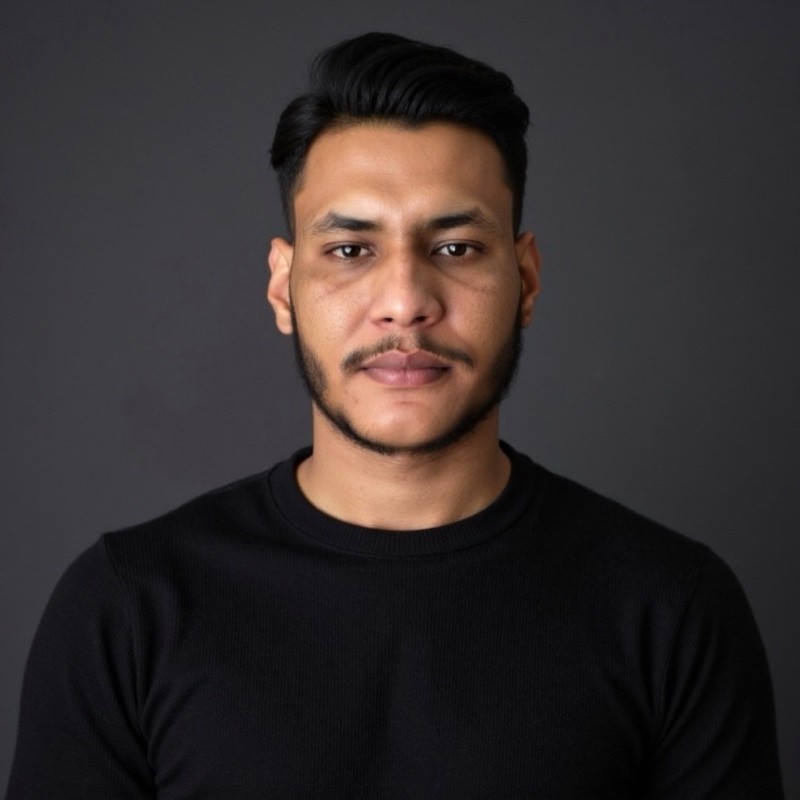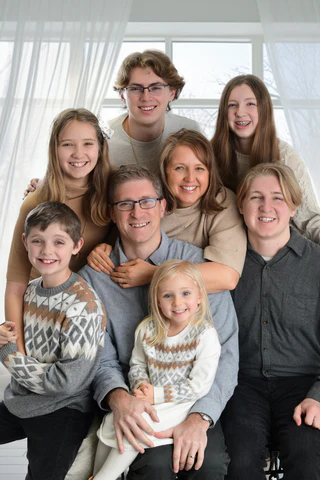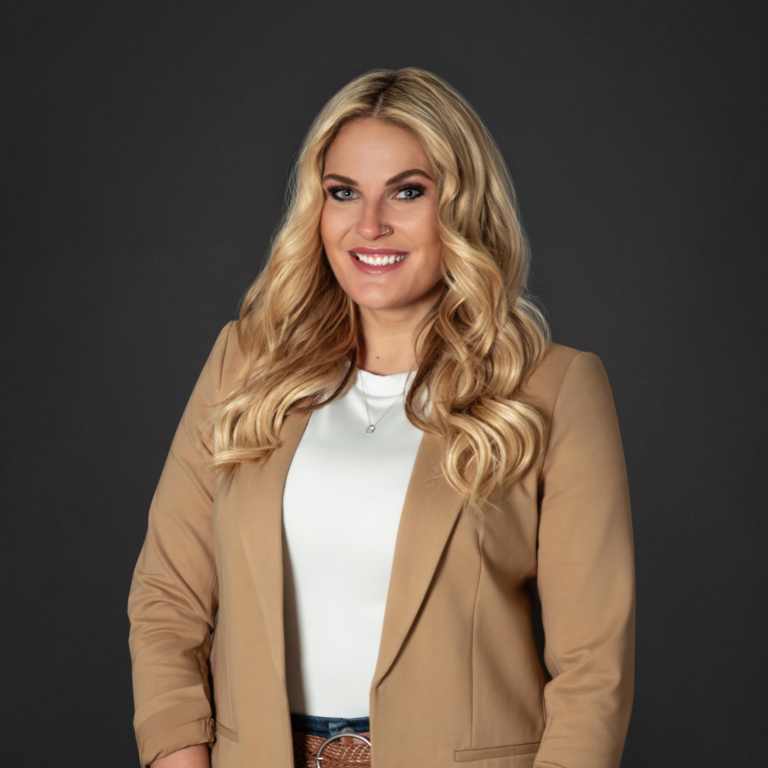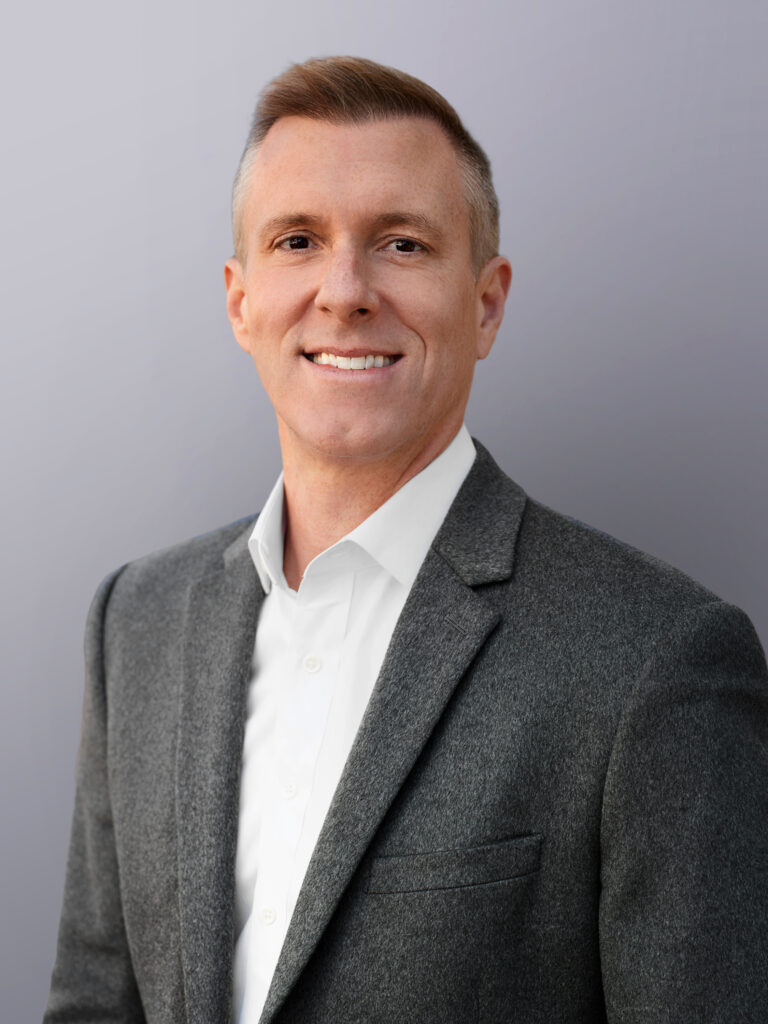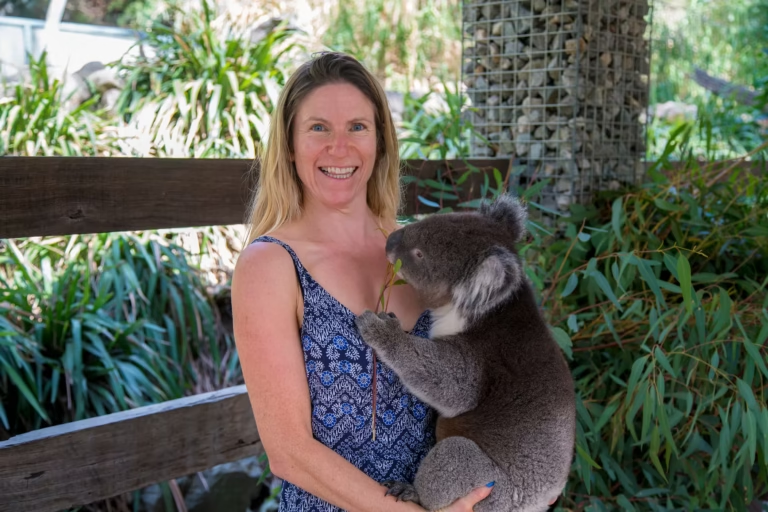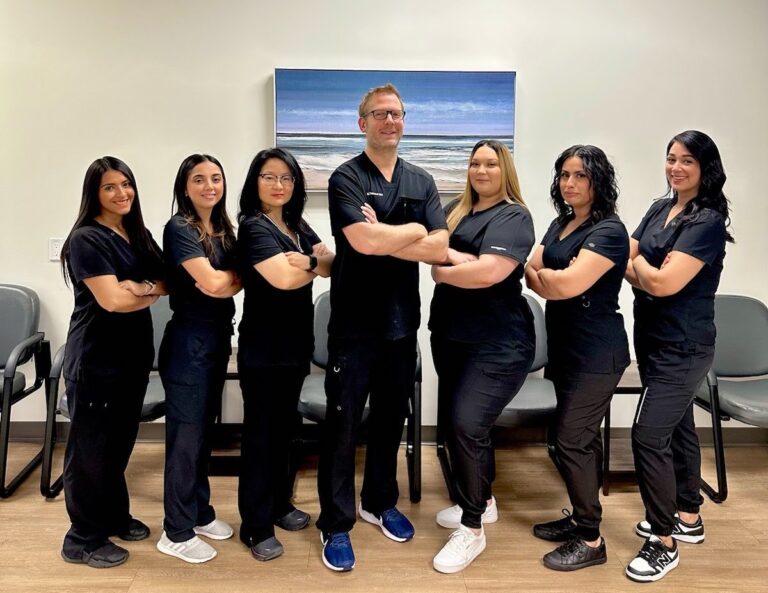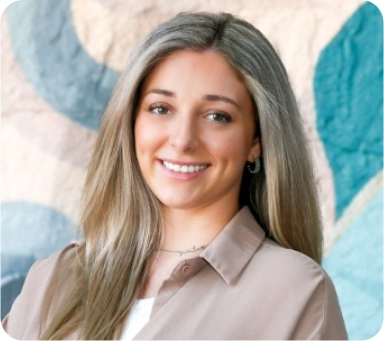How Inner Healing Strengthens Every Relationship – Insights from Estaraht Founder Abass Cheikh
When we talk about improving relationships—whether romantic, platonic, or familial—we often focus on communication techniques or love languages. But according to Abass Cheikh, founder of Estaraht, a culturally rooted mental wellness app for Arabic-speaking individuals, the true foundation of healthy relationships begins much deeper: with inner healing.
Cheikh has seen firsthand how delays in emotional healing—due to stigma, overwhelm, or lack of access—can quietly erode even the strongest connections. “When people delay their inner healing, the first things that suffer are their closest relationships,” he shares. “Self-neglect and relational breakdown are deeply linked.”
Here’s how Cheikh and his team at Estaraht have seen inner work transform relationships across three critical dimensions:
1. Romantic Relationships: From Guesswork to Presence
At Estaraht, many users begin their healing journey with mindful journaling or emotional boundary-setting. Cheikh explains that this simple habit often leads to powerful shifts in how individuals relate to their partners.
“They start to speak more clearly about their needs,” he says. “Intimacy becomes an act of conscious presence instead of a game of emotional guesswork.”
By developing emotional language and awareness, individuals are able to show up with honesty—and receive the same in return.
2. Friendships: Redefining Loyalty
Cheikh emphasizes that healing doesn’t just improve communication; it recalibrates what people expect from their relationships. “Personal healing often redefines the meaning of loyalty,” he says. “People stop overextending themselves and begin choosing relationships that nourish them instead of drain them.”
This shift helps people make more aligned choices about who they spend time with—and why.
3. The Self: From Criticism to Compassion
The most profound transformation happens in the relationship we have with ourselves.
“Once someone learns to sit with discomfort—through techniques like mindful breathing or structured self-reflection—they stop treating themselves like a project to fix,” says Cheikh. “They begin treating themselves like someone worthy of care.”
This compassionate shift creates a ripple effect. When people feel emotionally safe within themselves, they tend to offer that safety to others, too.
Healing Isn’t Just Personal—It’s Collective
Cheikh believes that mental wellness should be viewed not as a personal luxury, but as a public good. “When one person begins to heal, everyone around them benefits,” he says.
Whether it’s becoming a better partner, setting healthier boundaries with friends, or learning to show up for ourselves with patience and grace—inner healing touches every corner of our lives.
And in a world where disconnection often feels like the norm, this kind of self-work may be one of the most generous things we can do—not just for ourselves, but for the people we love.
Explore Estaraht:
For culturally grounded tools to support emotional healing in Arabic-speaking communities, visit www.estaraht.com.

